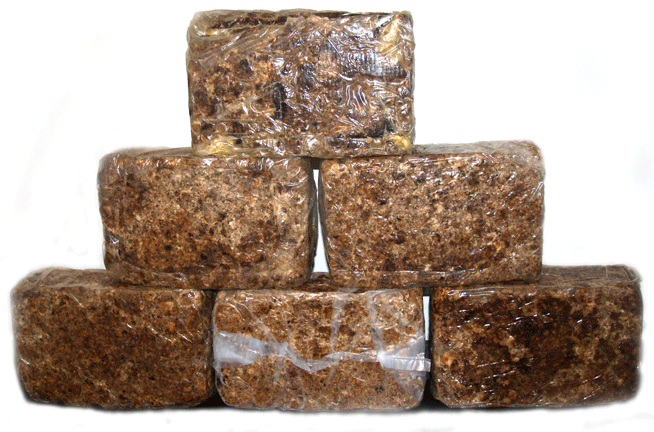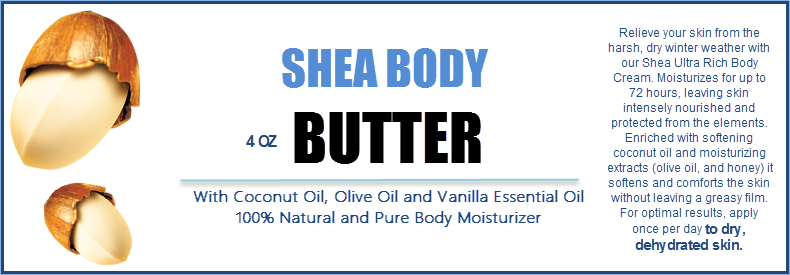Sunday 24 August 2014
Saturday 28 June 2014
Thursday 15 May 2014
Friday 9 May 2014
Where Exactly To Buy BLACK SOAP In Toronto
If you are looking for Authentic Pure African Black Soap in Toronto, then CONTACT
Mudfarm Organix Today - 1 416 937 6350
How
Black Soap is Made:
1 - First, leaves and bark of various trees and plants are burned in a vat or kettle. These may be leaves from banana trees, plantain skins, palm tree leaves, shea tree bark, and/or cocoa pods. 2 - Secondly, water is added to ashes to be filtered. Oils such as coconut oil, shea oil, palm oil, palm kernel oil, and cocoa butter are added to the water to create the soap. 3 - The soap is then hand-stirred by local women for at least a day and then set out to cure for two weeks.
People
have tried to re-create African black soap in the west, but it has never been
able to truly replicate the authentic product. This is because genuine black
soap is created using age-old traditions that are passed down from one
generation to the next in smaller villages in
Africa
.
The
most common form of black soap is called Ose Dudu (doudoun), which comes from
the Yoruba or Anago languages of
Nigeria
,
Togo
, and
Benin
. Ose Dudu literally means Soap (ose) and Black (dudu).
Not all Black Soaps are Created Equal As the popularity of black soap and natural soaps increases, some retailers are using the label African black soap. Many are just dyeing soap black, but using none of the key ingredients of true black soap. However, true black soap is from West Africa . Genuine black soap has raw ingredients that give it an earthy smell, and a more delicate texture than typical storebought soaps.
In
Conclusion..
If
you are starting to feel differently about the softly scented white ‘cleansing
bar’ you have next to your bathroom sink, don’t despair. Natural soaps are
becoming more and more widely available and many can repair the damage your skin
has experienced over the years.
If
you try black soap, don’t be surprised; that muddy-looking water lathering on
your face is literally cleaning all the impurities out of your skin from
the inside out. The cocoa pod powder gives the soap a black color and hence it
will create a ‘muddy’ looking lather when you use it.
If
you are ready to see what benefits you can experience, then you can find black
soap in some whole food markets, as well as some stores specializing in products
from
Africa
. Black soap can be liquid or solid and we carry both at Mudfarm Organix
|
||
| VISIT OUR SITE TODAY - WWW.MUDFARMORGANIX.COM |
Tuesday 6 May 2014
Where Exactly To Buy African Black Soap
Pure African BLACK SOAP is a miracle product! This product is from Ghana Africa.
Raw and unrefined, made with plantain skins, cocoa pods, palm kernel oil and shea butter! No additives, no fragrances, no harsh chemicals, no synthetic compounds, no dyes. African mothers have used this gentle cleanser to wash their babies for centuries. With a generous portion of Shea Butter that leaves your skin squeaky clean and your hair shiny and conditioned naturally without chemical residue.
PRODUCES A TREMENDOUSLY GOOD LATHER THAT RINSES OUT QUICKLY AND COMPLETELY!
Try it once and you’ll be amazed. It has so many uses and benefits. You will not want to use any other soap! It has a soft texture, when mixed with water produces a tremendous lather that you can use on your skin and hair as a shampoo!
THE BEST-KEPT SECRET OF AFRICA!
FROM THE MASTERFUL HANDS OF SKILLED TRIBES WOMEN DIRECTLY TO YOU! HAND-MADE FROM NATURAL SOURCES USING A DELICATE METHOD OF PREPARATION
Black soap, or African black soap, also known as Alata Samina or Alata Soap originates from West Africa. It has been used for centuries in Ghana. Its methods and secrets have been passed down from generation to generation to keep the soap close to Mother Nature and avoid exploitation and imitation. Many have tried to create their version of Black soap with all kinds of ingredients. Ghana’s Alata soap is the best quality black soap, because it is all ORIGINAL.
For centuries, Ghanaians had used Black Soap to help relieve acne, oily skin, clear blemishes in various other skin uses. African black soap has also been used to achieve beautiful skin. Africans of also use this natural soap for bathing and washing their hair. It’s great for removing makeup. Black soap will leave your skin soft, clear and smelling delicious. This soap is not scented.
Alata Samina or Anago Samina is the term used in the local dialect called Twi to refer to black soap or African Black Soap. Alata or Anago is a reference to the people of the northern region of Ghana, mainly the Hausa tribe. Alata Samina is now used all over Ghana.
African black soap comes from plantain skin. It is a natural source of vitamin A and E and iron. Plantain is a popular food in Africa, South Africa and other parts of the world. They can be found in ethnic or international grocery stores such as Latino, Caribbean for African. It looks like banana but much bigger. It does not taste like banana and has to be cooked before eating. The skin of the plantain is gingerly dried to precise texture under the hot African sun. It is then roasted in a clay oven. The heat must be constant in order to achieve a particular color, texture and fragrance. In some recipes, Cocoa Pod is used instead of Plantain skin. Cocoa pod is the shell of the cocoa fruit. The cocoa beans are used for making chocolate or cocoa butter, among other things.
The next process is very delicate, and if it is not done properly, with the right ingredients, there will be no soap. The roasted plantain skin is mixed with palm oil, palm kernel oil from the soap. The roasting of the plantain skin determines the color of the soap. The longer the plantain skins are roasted, the dark of the soap. African black soap is generations old and has numerous benefits and is not scented. It can be used by anyone who wishes to improve quality of their skin.
Call Mudfarm Organix today: 1 416 937 6350
Subscribe to:
Posts (Atom)

.jpg)

.jpg)


